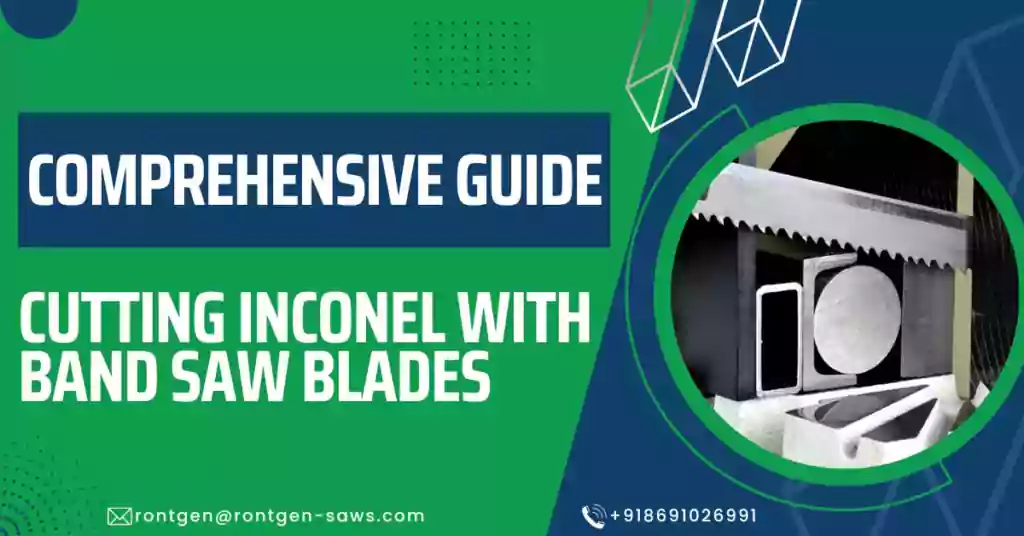
Bandsaw blades are an essential tool for woodworkers, contractors, and DIY enthusiasts. These blades are designed to make precise cuts through wood, metal, and other materials, but with so many different types of blades available, it can be difficult to know which one is right for your needs. In this blog, we’ll go over the steps you need to follow to choose the right bandsaw blade for your needs.
Step 1: Determine the Type of Material You'll Be Cutting
The first step in choosing the right bandsaw blade is to determine the type of material you’ll be cutting. Different blades are designed to cut different materials, so it’s important to choose a blade that is specifically designed for the type of material you’ll be cutting. For example, blades made for cutting wood are different from blades made for cutting metal.
Step 2: Consider the Thickness of the Material
Next, consider the thickness of the material you’ll be cutting. This will help you determine the width of the blade you need. Generally, the thicker the material, the wider the blade should be.
Step 3: Determine the Length of the Blade You Need
The next step is to determine the length of the blade you need. This is determined by the size of your saw and the length of the material you’ll be cutting. Make sure to measure your saw accurately to ensure you choose the right length blade. The next step is to determine the length of the blade you need. This is determined by the size of your saw and the length of the material you’ll be cutting. Make sure to measure your saw accurately to ensure you choose the right length blade.
Step 4: Consider the Tooth Configuration
The next factor to consider is the tooth configuration, which refers to the number and spacing of the teeth on the blade. Different tooth configurations are designed for different cutting applications. For example, blades with a high number of teeth are best for fine cuts, while blades with fewer teeth are best for rough cuts.
Step 5: Choose the Right TPI (Teeth Per Inch)
Finally, choose the right TPI (teeth per inch) for your needs. The TPI determines how fine the cut will be and is determined by the number of teeth on the blade. Higher TPI blades are best for fine cuts, while lower TPI blades are best for rough cuts.
In conclusion, choosing the right bandsaw blade for your needs is important for getting the best results and ensuring the safety of your saw. By following these simple steps, you’ll be able to choose the right blade for your needs and get the results you’re looking for.




